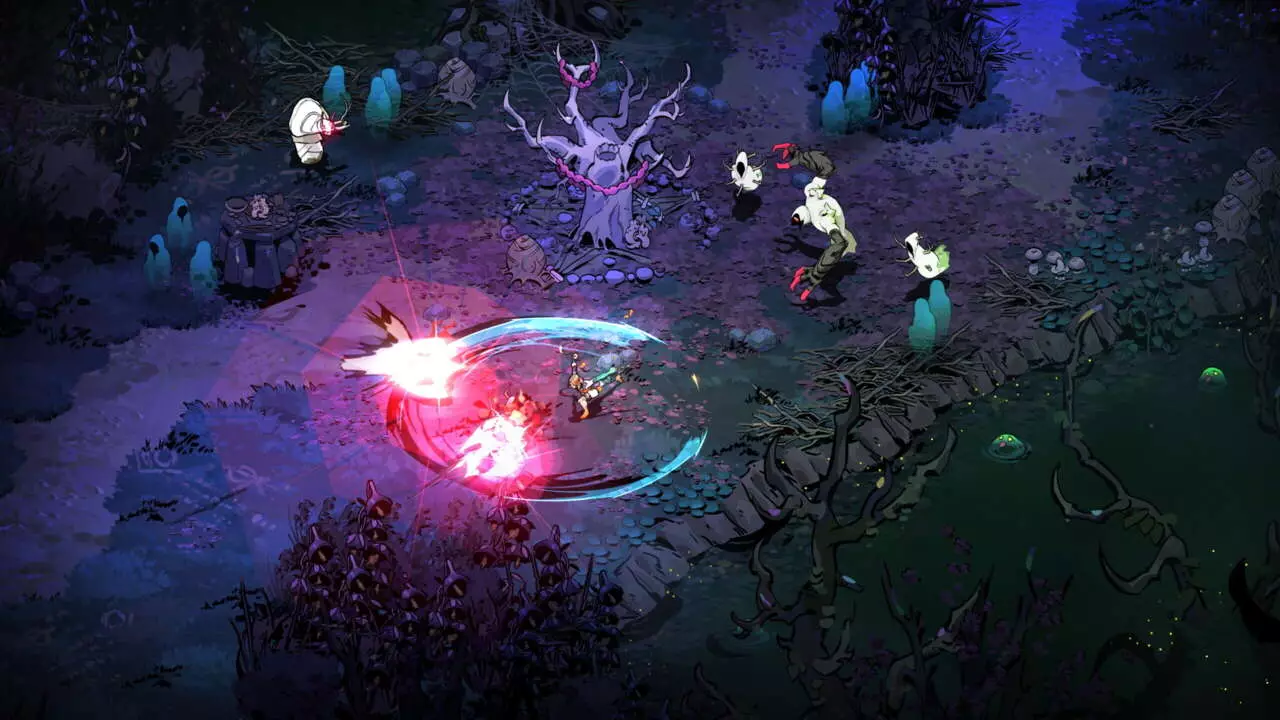Roguelike games have emerged as a captivating cornerstone in the gaming landscape, captivating players with their unique blend of challenge and unpredictability. Unlike traditional gaming experiences that offer a steady path to mastery, roguelikes invite players to embrace failure as an essential part of the journey. Each demise brings newfound wisdom, allowing gamers to build on their previous attempts and inch closer to victory. This cycle of learning and growth is not just addictive—it is the essence of the roguelike phenomenon.
Randomization and Replayability
What sets roguelikes apart from other genres is their fundamental embrace of randomness. Each run presents a fresh array of challenges, environments, and adversaries that disrupt the monotony often found elsewhere in gaming. The excitement of not knowing what lies ahead keeps players on their toes and promotes exploration. Whether it’s the thrill of a game that radically alters its parameters with every session or the seemingly endless potential for combination that these games offer, the ever-evolving nature of roguelikes serves to keep players engaged and motivated.
In contrast, the roguelite subgenre maintains this unpredictability while incorporating persistent progression elements. Players can earn upgrades, unlock additional narratives, or access new paths that enhance subsequent runs. This balance of permanence and randomness is a brilliant design choice; it provides a sense of achievement without sacrificing the excitement that comes from unpredictability.
Variety in Experience
The best roguelike titles cater to a diverse audience, showcasing multiple genres within their framework. From rhythm-based challenges to deep strategic deck-building scenarios and even visceral shooters, the potential for cross-genre innovation is staggering. This diversity ensures that even players with specific genre preferences—be it platformers, puzzles, or arcade-style shooters—can find something that resonates with them within the roguelike category.
As gamers anticipate the next new release, the space is rich with gems waiting to be uncovered. Classic titles like *The Binding of Isaac* and *Enter the Gungeon* have paved the way for aspiring developers to take risks in a genre that’s based on unpredictability and creativity. The evolution of roguelikes continues to garner attention, with innovative twists and new mechanics constantly refreshing the genre.
The Future of Roguelikes
Looking ahead, the roguelike and roguelite genres are poised for even greater expansion. With each passing year, the array of titles available swells, making it increasingly arduous to select the standout experiences. However, this abundance offers players unparalleled opportunities to discover innovative gameplay mechanics and fresh narratives that push boundaries.
As we approach the mid-2020s, it’s evident that the range of roguelike games has reached remarkable heights, evolving from their humble origins into multifaceted experiences that resonate deeply with the gaming community. The genre not only continues to thrive but serves as a fertile ground for creativity and experimentation. With the potential for endless exploration and engagement, the world of roguelikes promises to deliver exhilarating adventure to players willing to take the plunge into the unknown.


Leave a Reply